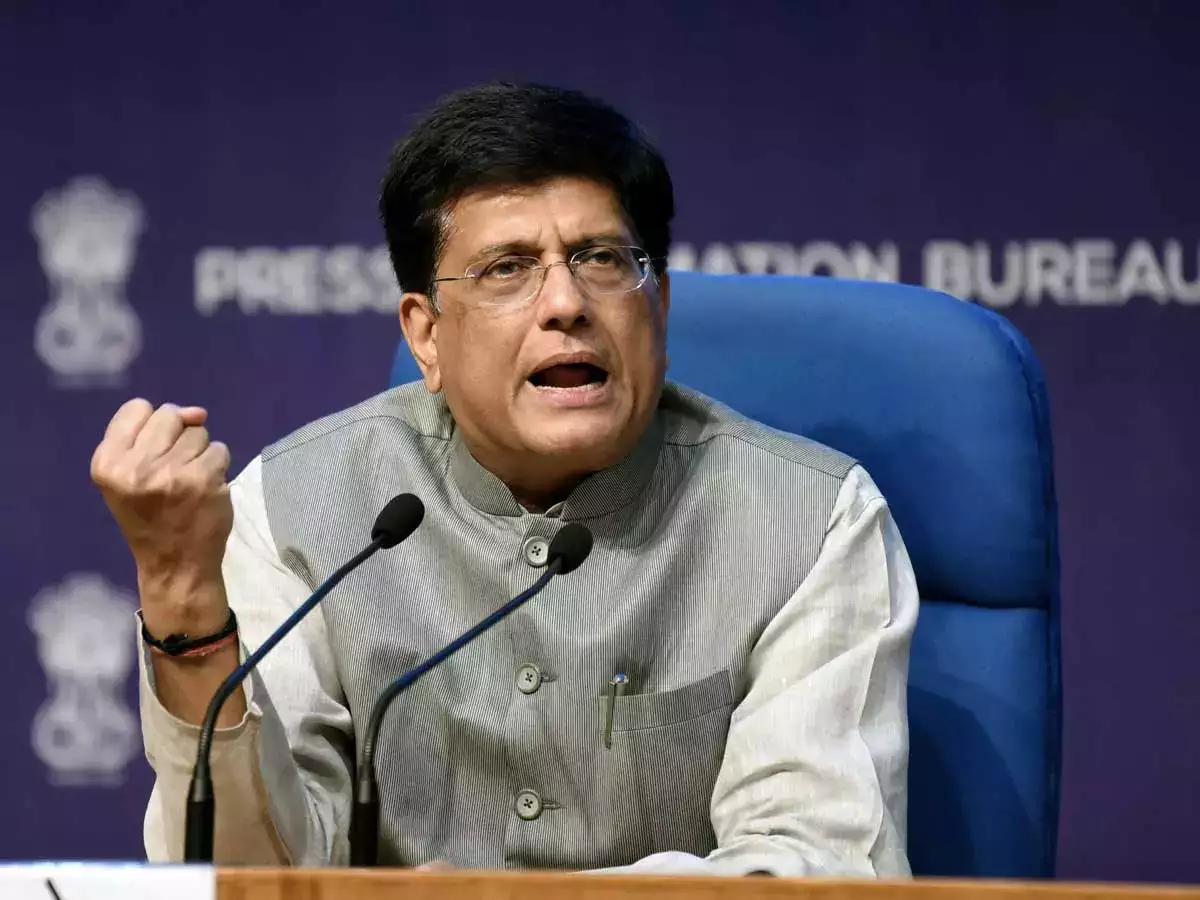Commerce and Industry Minister Piyush Goyal recently addressed the state of U.S.-India trade relations, particularly in the context of former President Donald Trump’s previous criticisms. Speaking at the Business Today MPW session in Mumbai, Goyal acknowledged that Trump had referred to India as a “tariff king” due to its high import duties. However, Goyal also pointed out that Trump had praised Prime Minister Narendra Modi as a “great leader.”
Goyal highlighted that India is open to lowering tariffs on products where there is no local competition, using Harley-Davidson motorcycles as an example, as India does not manufacture heavy bikes like those. He stated that India would not hesitate to consider requests in such cases.
Regarding tariffs, Goyal said India is not overly concerned, especially when tariffs are imposed on China, as this provides India with a potential advantage. He emphasized that if tariffs are applied universally, it would not significantly affect India, which is poised to continue thriving. Goyal also expressed confidence that India is increasingly seen as a trusted partner by the democratic world.
This conversation comes after Trump’s administration had strained U.S.-India trade ties. In 2019, India retaliated against the U.S. by imposing tariffs on several American products after the U.S. increased taxes on steel and aluminum imports. Trump, in turn, revoked India’s preferential trade status and threatened sanctions over India’s dealings with Iran and Russia, particularly regarding oil imports and the purchase of the S-400 missile defense system.
Despite these tensions, a recent report by Nomura examined the potential effects of a second term under Trump. While the report noted concerns over India’s trade surplus with the U.S. and possible punitive actions regarding currency devaluation, it also suggested that India could benefit from Trump’s “China Plus One” strategy. This policy, which encourages companies to shift supply chains from China to other countries like India, is expected to gain momentum under a Trump 2.0 administration, potentially offsetting short-term disruptions in trade.
The views expressed in this article are based on public statements and reports and do not reflect the opinions or policies of any government or organization.

Leave a Reply